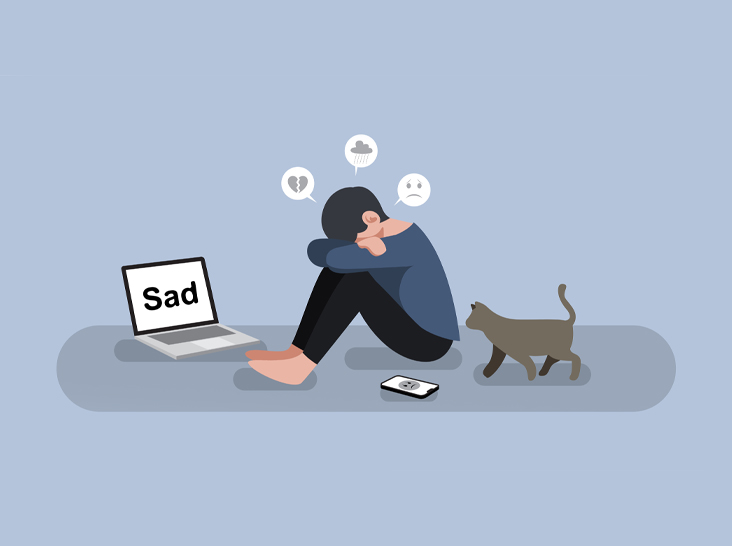A pandemic with no cure in sight, Tough times, Loss of livelihoods, Increased mental disorders, Uncertainty, and high-stress levels.
How are we coping with stress?
What is Stress?
Stress is a feeling of emotional or physical tension. It can come from any event or thought that makes you feel frustrated, angry, or nervous. Stress is your body’s reaction to a challenge or demand.
People can learn to manage stress and lead happier healthier lives. How are we managing stress in our daily activities? Be it at the workplace, Family front, Institutions of learning, Social Lives.
The causes of stress vary from one person to another. It could be the death of a loved one, Divorce, Loss of a job, Increase in financial obligations, Having a heavy workload or too much responsibility, Working long hours, working under dangerous conditions, Being insecure about your chance for advancement, or risk of termination, Chronic illness or injury, Emotional problems (depression, anxiety, anger, grief, guilt, low self-esteem), etc.
Health problems caused or exacerbated by stress include:
1. Depression and anxiety
2. Pain of any kind
3. Sleep problems
4. Autoimmune diseases
5. Digestive problems
6. Skin conditions, such as eczema
7. Heart disease
8. Weight problems
9. Reproductive issues
10. Thinking and memory problems
Signs and symptoms of stress overload
The most dangerous thing about stress is how easily it can creep up on you. You get used to it. It starts to feel familiar, even normal. You do not notice how much it is affecting you, even as it takes a heavy toll. That is why it is important to be aware of the common warning signs and symptoms of stress overload.
Cognitive symptoms:
• Memory problems
• Inability to concentrate
• Poor judgment
• Seeing only the negative
• Anxious or racing thoughts
• Constant worrying
Emotional symptoms:
• Depression or general unhappiness
• Anxiety and agitation
• Moodiness, irritability, or anger
• Feeling overwhelmed
• Loneliness and isolation
• Other mental or emotional health problems
Physical symptoms:
• Aches and pains
• Diarrhea or constipation
• Nausea, dizziness
• Chest pain, rapid heart rate
• Loss of sex drive
• Frequent colds or flu
Behavioral symptoms:
• Eating more or less
• Sleeping too much or too little
• Withdrawing from others
• Procrastinating or neglecting responsibilities
• Abusing substance to relax
• Nervous habits (e.g. nail biting, pacing)
Micronutrients for the Brain
Dietary nutrients are critical for brain structure and function, so they have a potentially profound impact on mental health. An increasingly robust body of research points to the detrimental effect of unhealthy diets and nutrient deficiencies, and to the protective value of healthy diets – along with select nutritional supplements as required – for maintaining and promoting mental health.
Research literature suggests dietary improvement and nutritional interventions may help reduce the risk or even arrest the progression, of certain psychiatric disorders. Clinical studies support the use of certain nutrients, which influence a range of neurochemical activities beneficial for treating mental disorders, as medicinal supplements.
Some of this comprehensive nutritional formulation include Neurozan Plus manufactured by the UK’s No. 1 Vitamins company. VITABIOTICS
Sources:
1. Harvard Health Publishing in consultation with Gregory Fricchione, MD, Director, Benson-Henry Institute for Mind-Body Medicine at Massachusetts General Hospital and Mind-Body Medical Institute Professor of Psychiatry, Harvard Medical School
2. www.vitabiotics.com
Source: Harley’s Digital Marketing &
Idah Muthama, Vitabiotics Sales Manager.

